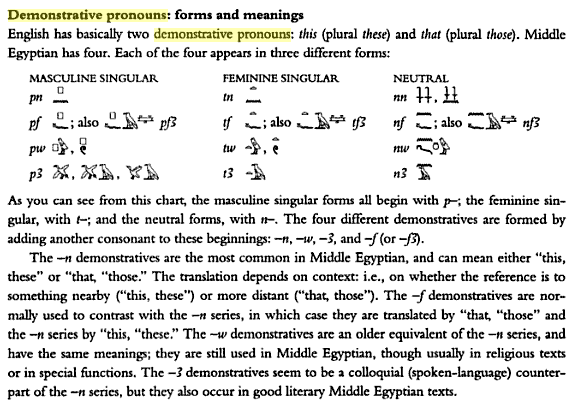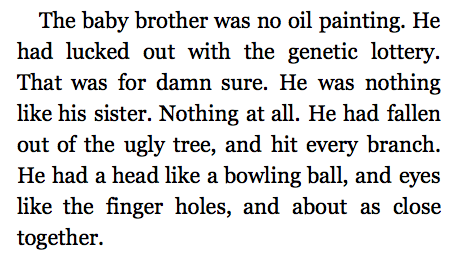Thinks wrong
There's been a certain amount of discussion recently about a grammatical aspect of Rick Perry's recent TV ad, which starts with a clip of President Obama saying "We've been a little bit lazy, I think, over the last couple of decades", and continues with Governor Perry commenting
Audio clip: Adobe Flash Player (version 9 or above) is required to play this audio clip. Download the latest version here. You also need to have JavaScript enabled in your browser.
Do you believe that?
That's what our president thinks wrong with America?
That Americans are lazy?
Read the rest of this entry »

